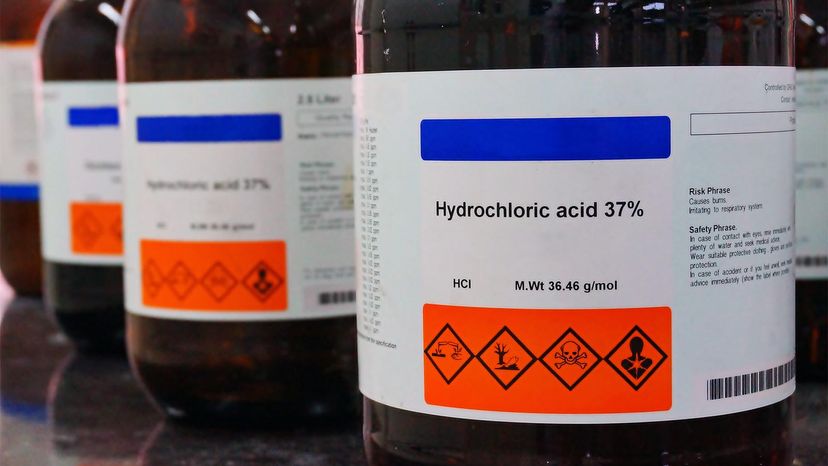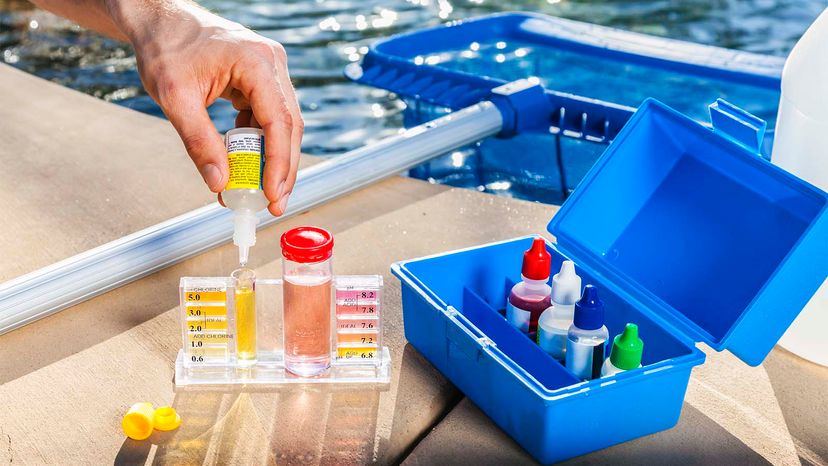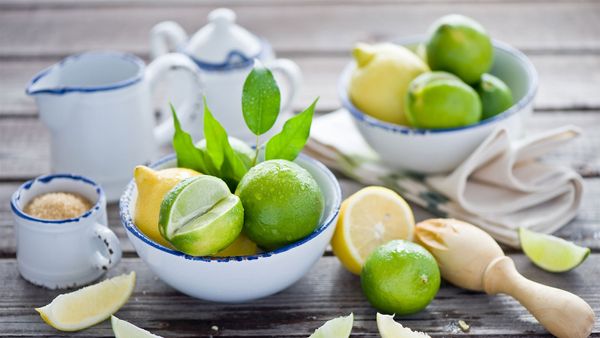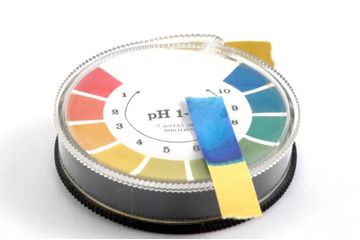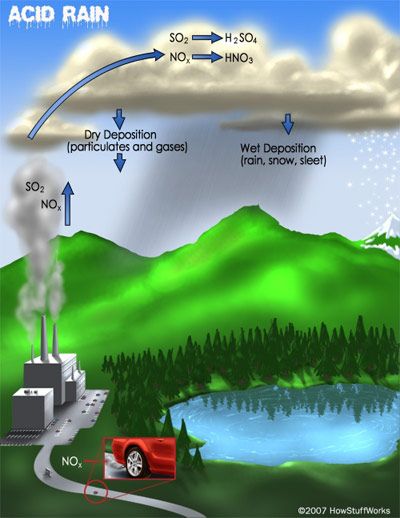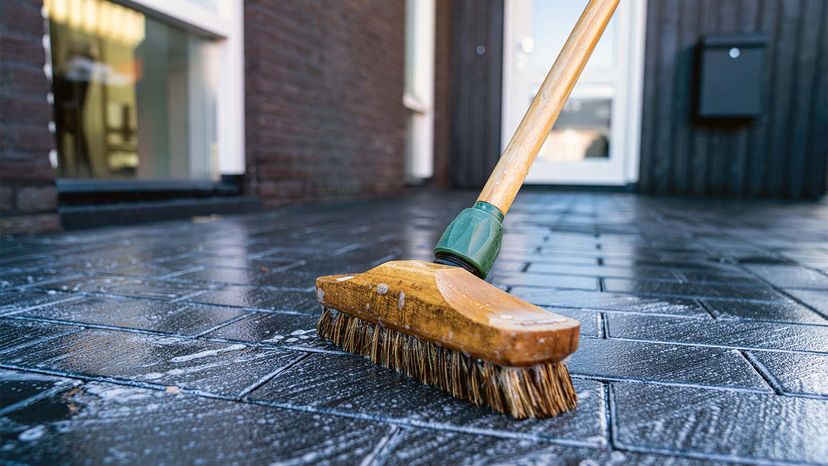
Key Takeaways
- Muriatic acid is a highly corrosive cleaner that effectively removes mold, stains, and rust from surfaces like brick, concrete and stone.
- It requires careful handling with safety gear, including goggles, a respirator, gloves and full-coverage clothing to prevent skin burns.
- Always dilute muriatic acid with water before use (typically one part acid to 10 parts water), apply the solution carefully, let it sit, then rinse off and neutralize with an ammonia solution if necessary.
As every homeowner knows, there are cleaning jobs and then there are tough cleaning jobs. You can usually tackle the former with products you have around the house like baking soda, vinegar or even the favorite Magic Eraser.
But none of those will make a dent in rust on stainless steel or mold on concrete walls in your basement. What cleaning product do you use then? That's where muriatic acid can be helpful. It's one of the strongest cleaners you can buy. But you can't just use muriatic acid anywhere — it is an acid after all.
Advertisement
Advertisement
